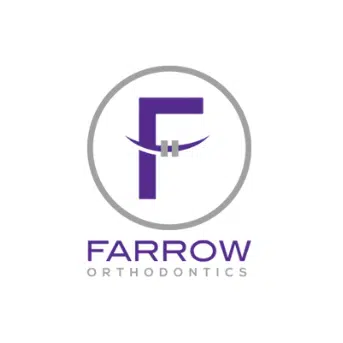Pediatric Orthodontist in Philadelphia
Though an orthodontist can enhance a smile at any age, there is an optimal time period to begin treatment. Beginning early orthodontic treatment at this time ensures the greatest result and the least amount of time and expense. The American Association of Orthodontists recommends that the initial orthodontic evaluation should occur at the first sign of orthodontic problems or no later than age 7. At this early age, orthodontic treatment may not be necessary, but vigilant examination can anticipate the most advantageous time to begin treatment.
Here are some helpful links that the AAO has provided to help parents decide whether their children need a free orthodontic evaluation in, and what to expect during treatment.
What are the benefits of early orthodontic evaluation?
Early evaluation provides both timely detection of problems and greater opportunity for more effective treatment. Prudent intervention guides growth and development, preventing serious problems later. When orthodontic intervention is not necessary, an orthodontist in Philadelphia can carefully monitor growth and development and begin treatment when it is ideal.






Are you a candidate for orthodontic treatment?
Why should malocclusions (bad bites) be treated?
Orthodontics is not merely for improving the aesthetics of the smile; Early orthodontic treatment improves bad bites (malocclusions). Malocclusions occur as a result of tooth or jaw misalignment. Malocclusions affect the way you smile, chew, clean your teeth or feel about your smile.

